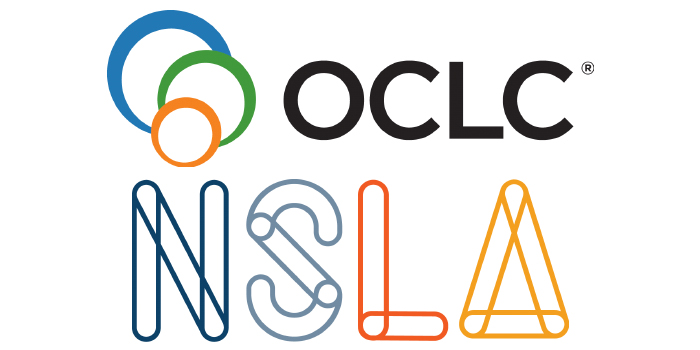A written summary and recording of this webinar are now available.
NSLA and OCLC are excited to invite you to a discussion session about the CARE Principles and how they may apply in the Australian context. We’ll discuss how libraries are working to adopt more ethical practices in relation to Indigenous data, and what barriers practitioners are encountering.
To prepare for this session, please watch the webinar, Operationalising the CARE Principles for Indigenous Data Governance (56 minutes). You are also invited to review slides and other linked resources on the webinar page. We hope you will arrive prepared for an active discussion!
This session is collaboratively hosted by NSLA and OCLC Research. We are grateful to members of the CARE team who will join us:
- Jane Anderson, Associate Professor, Department of Anthropology and Museum Studies, New York University
- Stephanie R. Carroll, Assistant Professor and Associate Director of the Native Nations Institute, University of Arizona
- Maui Hudson, Director, Te Kotahi Research Institute, University of Waikato
- Maggie Walter, Distinguished Professor of Sociology, University of Tasmania
Extractive and unethical research practices led to the accumulation of Indigenous collections in vast national repositories that have missing, incomplete, and impoverished records and metadata. These problems of inequity continue in the ways Indigenous Peoples’ data is created, stored, accessed, and used. Indigenous Peoples insist on the urgent need to integrate Indigenous knowledges and approaches into data and collections practices and policies. The articulation of Indigenous Peoples’ rights and interests in data about their peoples, communities, cultures, and territories is directed towards reclaiming control of data, data ecosystems, and data narratives in the context of open data and open science.
The people and purpose-oriented CARE Principles (Collective Benefit, Authority to Control, Responsibility, and Ethics) reflect the crucial role of data in advancing innovation, governance, and self-determination among Indigenous Peoples. The CARE Principles complement and extend the more data-centric approach of the FAIR Principles (Findable, Accessible, Interoperable, and Reusable). This discussion will focus on the CARE Principles and identify practical tools for implementing the CARE Principles alongside the FAIR Principles in the context of the open science and open data environments. It will include a discussion of how specific mechanisms, like the Traditional Knowledge (TK) and Biocultural (BC) Labels and Notice system, function as examples of practical tools that actively support the adoption and implementation of CARE across institutions, data repositories, and within research communities.










